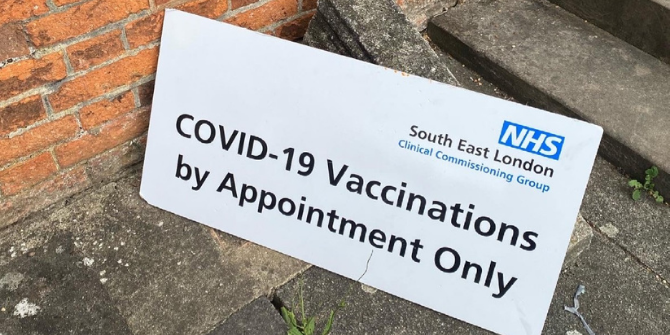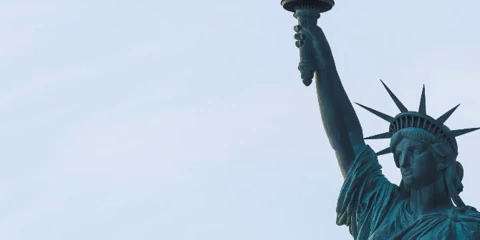The final event of Careers in Creative Industries week, which took place from 11 – 15 February, was an opportunity for students to hear what it is actually like to work as a freelance writer. They were joined by Marina Gerner (@MarinaSGerner), freelance feature writer and Markets editor for Money Week, and Emma Bryce (@EmmaSAanne), freelance Science and Environment journalist, and scriptwriter and editor for TED Education, who provided an insight into their daily lives and work. Marina and Emma shared many of their experiences and had lots of advice for aspiring freelancers, here are some of their main takeaways to keep in mind if you’re considering freelancing.
Being a freelancer has many upsides, especially in terms of freedom, the ability to write more stories for different outlets, and organising your own time. The panellists highlighted the importance of time management – and, as a rule of thumb, the fact that for freelancers, 2/3 of the week is spent working on contract assignments, and 1/3 is spent pursuing features that they will pitch to editors. As a freelancer, you will also find yourself doing your own bookkeeping and invoicing – which requires being organised and careful!
Consider starting off as a staff writer before turning freelance. This provides you with the opportunity to establish relationships with editors, as well as learn the rules of the game and the way in which a newsroom operates from the inside. It’s still possible to start off as a freelancer from the get-go, but having at least some internship experience under your belt is strongly recommended!
You’ll need to network and build your contacts! Establishing and nurturing relationships with outlets and editors is essential as a freelancer. Getting into contact with publications and their editors can be done in many different ways – via Twitter or LinkedIn, by attending public lectures or staff parties, etc. It’s important to stay in touch with editors with whom you have a previous relationship and pitch to them regularly.
If you’re already writing for campus publications and are wondering when to transition to news outlets Marina and Emma advise starting out as early as possible, even whilst completing your studies. When assembling your portfolio what matters, more than the publications where your clips are published is the quality of the work.
On pitching: the panellists advised to never start writing a story until a pitch has been accepted. To prepare for a pitch, do preliminary research, have at least one interview and give some insight into the angle of the piece – not just the topic.
It’s also increasingly important to demonstrate as many skills as possible, especially in today’s media industry, and make yourself indispensable to the outlets you work with. There are many different ways to tell stories, especially for long pieces, and combining writing with photography, audio or video can be a great way to stand out. In terms of acquiring new skills, pairing up with another freelancer to benefit from their expertise and share each other’s knowledge can be a great idea. A lot of the learning will also be done on the job – and you should be ready to rise to the occasion and take up any opportunity to experiment and widen your toolbox. Reflect on how other mediums can affect your storytelling, or on different ways of reusing your materials – for example by using the audio from an interview for a podcast.
Just like with time, both Marina and Emma stressed the importance of being organised and disciplined to manage their finances and put away a portion of their monthly income for savings and pensions. In general, both speakers expressed that being a freelancer is a matter of personal preference. Some people might view it as a short-term transition, while for others it is a long-term plan which works for them. The benefits of being a freelancer as opposed to a staff writer are very subjective – but in general, having complete control of what you do and where you take your career, whilst not always easy, can be very appealing.





